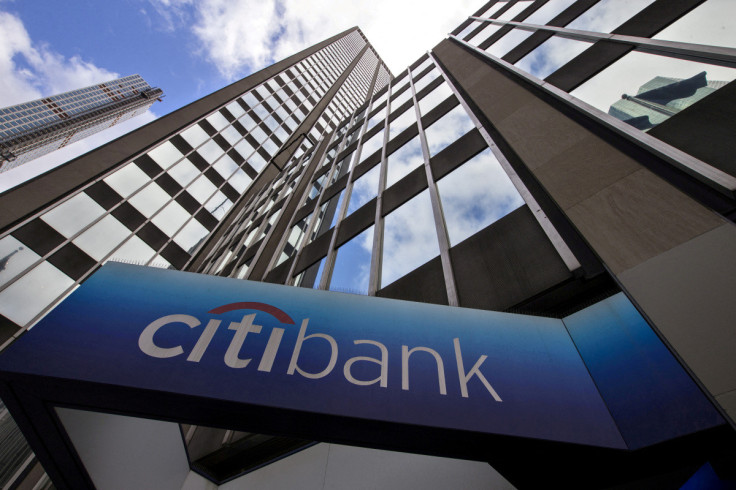Climate Protesters Arrested Outside Citigroup Headquarters in Tribeca
At least two dozen people were arrested after hundreds of climate protesters crowded the entrances to Citigroup's Tribeca headquarters Thursday morning.

Hundreds of climate protesters were arrested outside Citigroup's headquarters in Tribeca on Thursday morning, as part of ongoing demonstrations during Climate Week.
The protesters, who were organised by a coalition of environmental groups, blocked the entrances to the building and unfurled a large banner that read: Citigroup: Stop Funding Climate Destruction. They also chanted slogans and held signs calling on the bank to end its financial support for fossil fuels.
Police arrested 24 protesters, including several who were dressed in hazmat suits. The arrests came after the protesters refused to disperse, despite repeated warnings from police.
"We are here today to demand that Citigroup stop funding climate destruction," said one of the protesters, who identified herself as Sarah. "The bank's investments in fossil fuels are putting our planet at risk, and we will not stand by and let them do it."
Citigroup has come under increasing pressure from environmental groups in recent months to divest from fossil fuels. The bank has said that it is committed to addressing climate change, but it has also defended its investments in the oil and gas industry.
"We believe that fossil fuels will continue to play a role in the global energy mix for many years to come," a Citigroup spokesperson said in a statement. "However, we are also committed to investing in renewable energy and other clean technologies."
The climate protest outside Citigroup's headquarters was one of several that took place in New York City on Thursday. The demonstrations were part of Climate Week, an annual event that brings together world leaders, business executives and activists to discuss climate change.
The protests come at a time when there is a growing urgency to address climate change. The Intergovernmental Panel on Climate Change (IPCC) has warned that the world is on track to warm by 1.5C above pre-industrial levels by 2030 if current emissions trends continue. This would have catastrophic consequences for the planet, including more extreme weather events, rising sea levels and mass extinctions.
The climate protests in New York City are a sign that the public is demanding action on climate change. The arrests of the protesters are a reminder that the fossil fuel industry is powerful and will not give up its profits without a fight. But the protesters are determined to keep up the pressure until Citigroup and other banks stop funding climate destruction.
In addition to the arrests, the climate protest outside Citigroup's headquarters also had a number of other impacts. The protest briefly shut down the bank's headquarters, and it drew widespread media attention to the issue of climate change. The protestors, on the other hand, will say that their protests have helped raise awareness of the role that banks play in financing fossil fuels.
The climate protest outside Citigroup's headquarters is just one example of the growing momentum for action on climate change. In recent years, there have been a number of large-scale climate protests around the world, and the issue is increasingly being discussed in the mainstream media.
The protests are a sign that the public is demanding action, and they are putting pressure on governments and businesses to take steps to address climate change. However, not everyone agrees with the directions they are taking.






